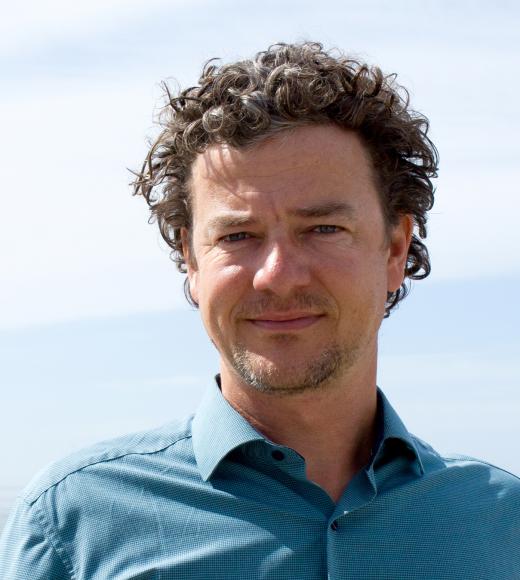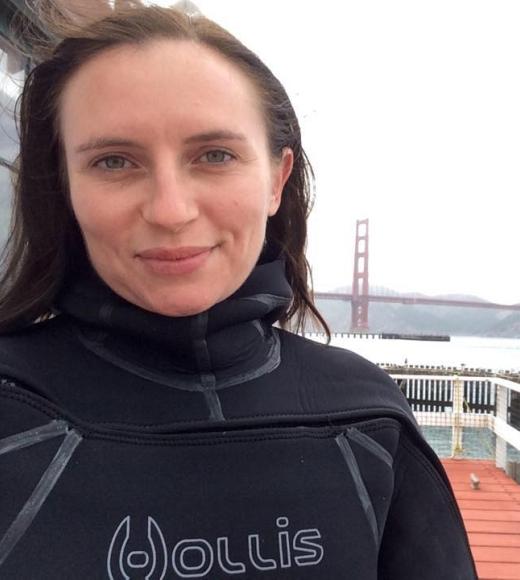Kelp RISES Project Personnel
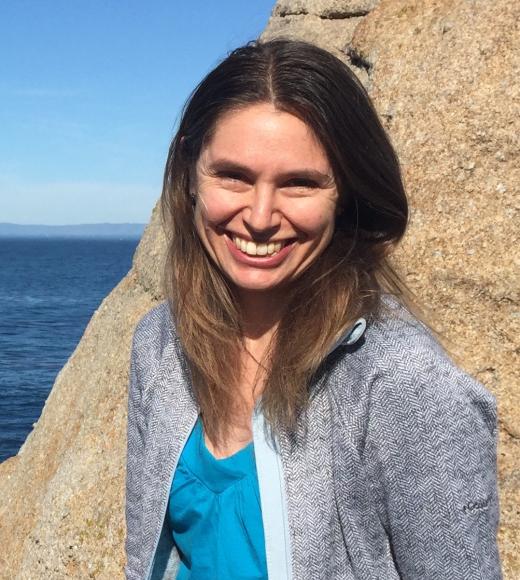
Marissa Baskett
Department of Environmental Science and Policy, University of California, Davis
Marissa Baskett’s research focuses on modeling ecological and evolutionary responses to global environmental change. While researching a wide range of biological topics from life history evolution to ecosystem resilience, she develops theory relevant to conservation management decisions, particularly in marine systems.
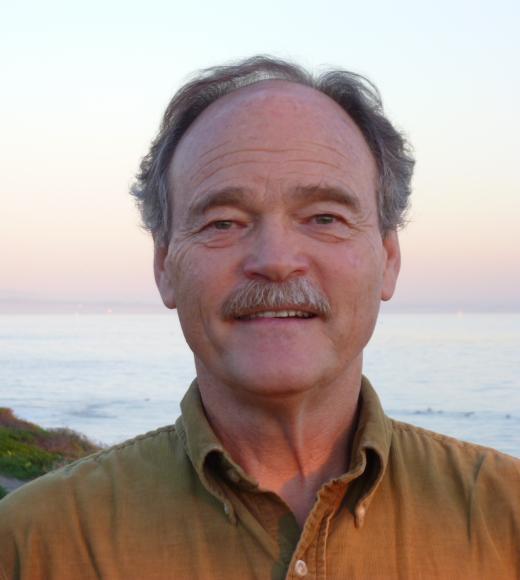
Mark Carr
Department of Ecology and Evolutionary Biology, University of California, Santa Cruz
Mark Carr’s research focuses on the basic and applied ecology of coastal marine ecosystems. In particular, his research aims to better understand the ecology of kelp forest ecosystems and how species interactions, environmental processes, and humans (e.g., climate change, fisheries, marine protected areas, restoration) interact to determine the distribution, dynamics, and structure (i.e. species composition) of kelp forests.
Website

Sean Craig
Department of Zoology and Marine Biology, California State Polytechnic University, Humboldt
Sean Craig is a marine evolutionary ecologist whose research focuses on invasive species, especially the ecology and evolution of bryozoans (including recent forays into systematics). His work also delves into applied research monitoring Marine Protected Areas (MPAs) including work on sandy shores, rocky intertidal sites and subtidal kelp beds along the far Northern coast of California.
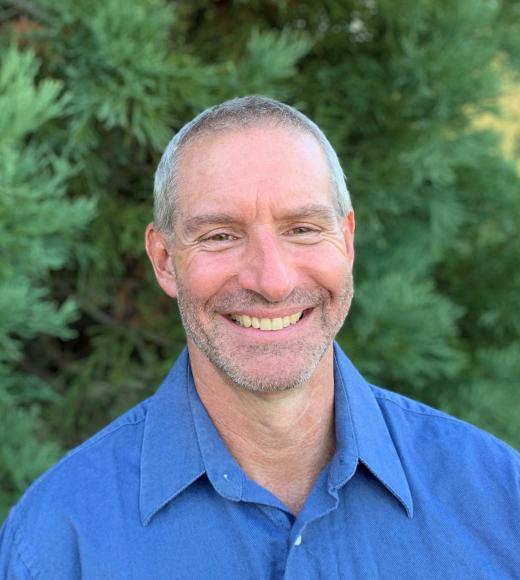
Brian Gaylord
Department of Evolution and Ecology, University of California, Davis
Brian Gaylord conducts research at the interface of marine ecology and ocean physics. He works to understand responses of marine organisms to environmental change, and has longstanding interests in the biomechanics and functional ecology of plants and animals in the sea.
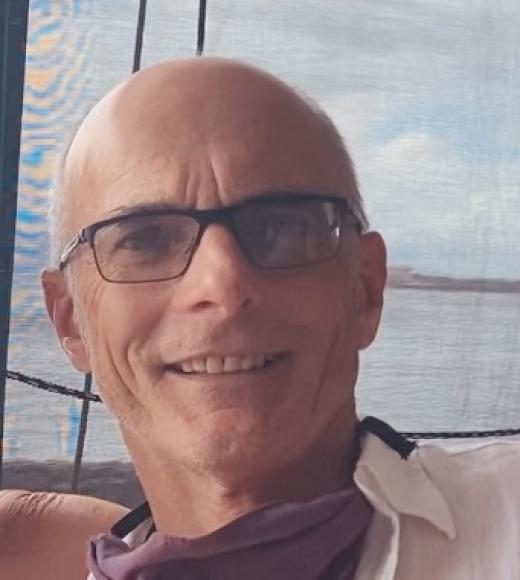
John Largier
Department of Environmental Science and Policy, University of California, Davis
John Largier’s research focuses on water motion in the ocean – and how moving water connects ecosystems and people along the coast. His work centers on the oceanography of bays, estuaries and coastal waters off California and globally. He aims for an integrated understanding of the environmental system to resolve issues related to ocean ecology, pollution, and climate change.
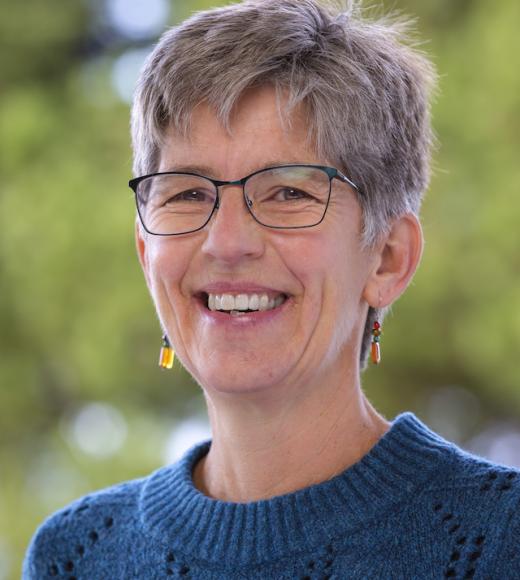
Carrie Pomeroy
Institute of Marine Sciences, University of California, Santa Cruz
Carrie Pomeroy is an applied social scientist whose work focuses on the social, economic and cultural aspects -- the “human dimensions” -- of marine systems as they affect and are affected by environmental, socioeconomic and regulatory factors, for application to community planning, resource management, and broader decision-making.

Laurie Richmond
Department of Environmental Science and Management, California State Polytechnic University, Humboldt
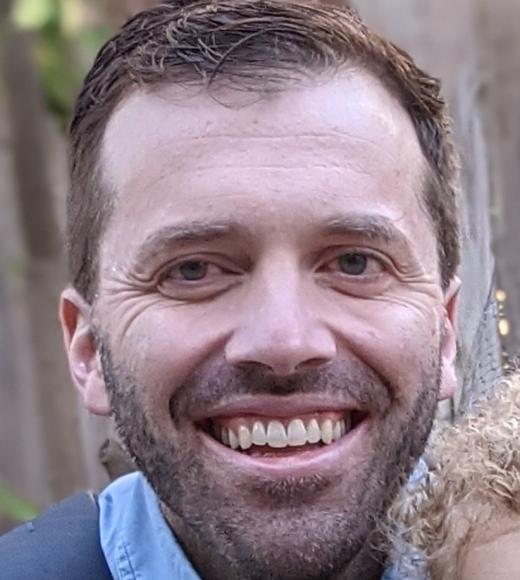
Tyler Scott
Department of Environmental Science and Policy, University of California, Davis
Tyler Scott is a public policy and management scientist who studies the use of science in decision-making, organizational strategy and innovation, and collaborative governance.
His research uses natural language processing to collect and analyze textual data and computational methods such as statistical network analysis and agent-based modeling.

Cameron Speir
NOAA Southwest Fisheries Science Center
Cameron Speir is an economist focusing on fisheries management, the economies of fishing communities, and issues surrounding salmon habitat in California and the Pacific Northwest. He currently serves on the Pacific Fishery Management Council’s Scientific and Statistical Committee.
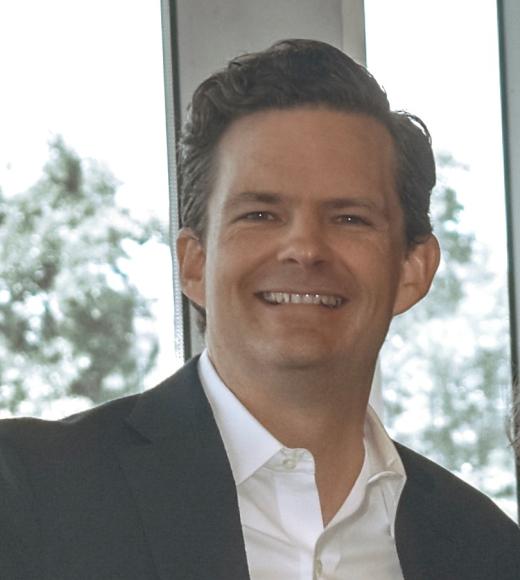
Michael Springborn
Department of Environmental Science and Policy, University of California, Davis
Michael Springborn is an environmental and resource economist who works on problems of resource management and decision-making under environmental risk and uncertainty. His methods include descriptive statistical approaches like econometrics as well as dynamic optimization and analysis tools such as dynamic programming and Bayesian learning processes.
Postdoctoral Scholars
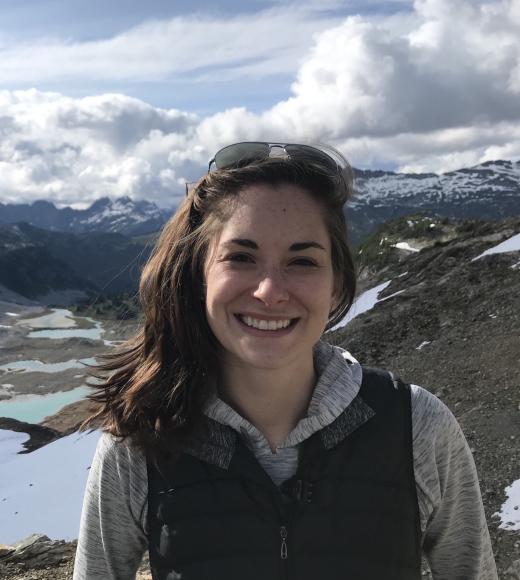
Mary Fisher
Coastal and Marine Sciences Institute, University of California, Davis
Mary Fisher is an interdisciplinary marine scientist interested in how adaptation to climate change affects coupled human-natural systems. Her research has drawn on quantitative and qualitative techniques to explore trade-offs and unexpected consequences associated with climate adaptation in US West Coast fisheries.
Students
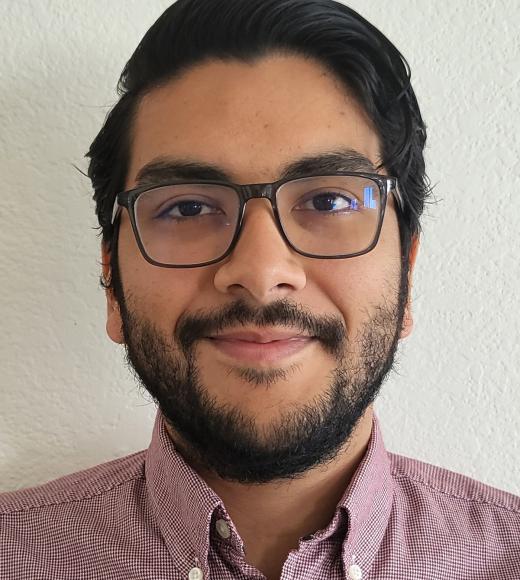
Jorge Arroyo Esquivel
Graduate Group in Applied Mathematics, University of California, Davis - Graduated 2023, current position: Senior Environmental Scientist, CDFW
Jorge uses mathematical models to describe the dynamics of marine ecosystems and what are the potential impacts of management actions over these dynamics. More specifically he is interested in understanding how different management decisions can affect the spread of organisms, both in the context of invasive species as well as natural recovery of native species.
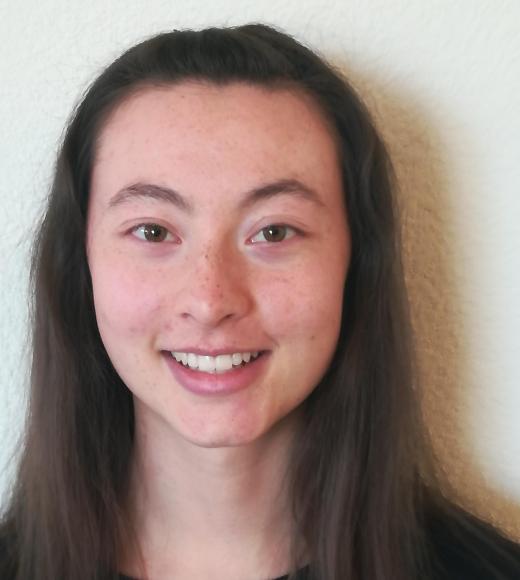
Mei Blundell
Population Biology Graduate Group, University of California, Davis
Mei is interested in combining ecological modeling and social science methods to facilitate sustainable management decisions. She is particularly intrigued by factors influencing ecological community stability, and by how cultural context and worldview can influence the ways in which we interact with the natural world.
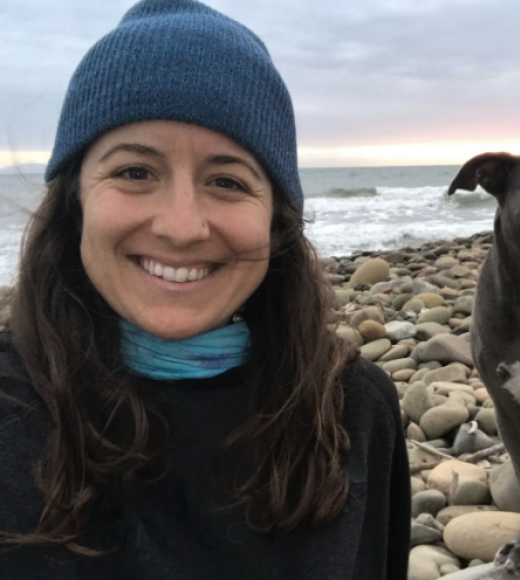
Jocelyn Enevoldsen
California State Polytechnic University, Humboldt
Jocelyn’s research focuses on the human dimensions of California’s kelp forest systems. She is interested in how individuals, communities, organizations, and governments engage in kelp forest restoration and management processes.
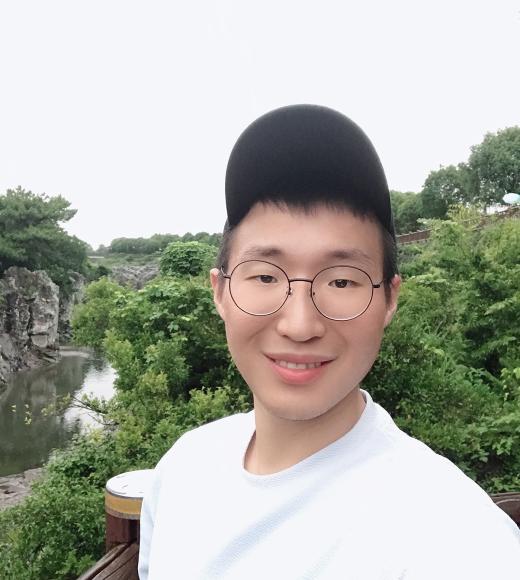
Kyumin Kim
Agricultural and Resource Economics, University of California, Davis
Kyumin is a Ph.D. student at the Agricultural and Resource Economics of UC Davis. He focuses on marine resource management and environmental issues relating to marine ecosystems. In particular, he studies the impacts of climate change on fisheries/marine ecosystems and its economic effects. His approach involves integrating ecological and economic disciplines to identify optimal management strategies for environmental and natural resource management. He is also interested in policy evaluation of various instruments for fisheries resource management/conservation.
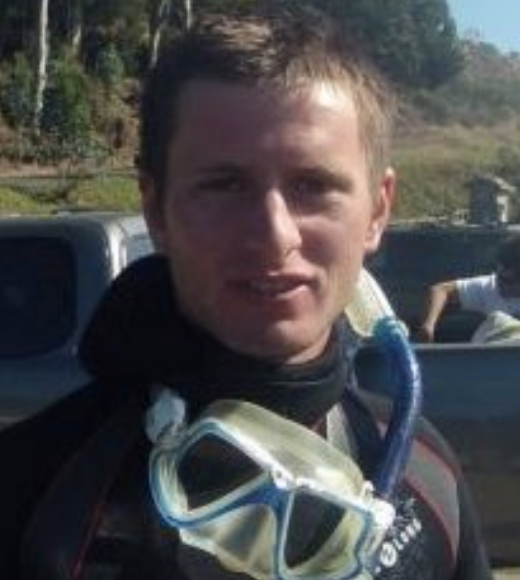
Franklin Moitoza
California State Polytechnic University, Humboldt
Franklin is a Masters Candidate in Biology with the focus on kelp forest ecology. His interests lie in using scientific diving to couple subtidal surveys with sensor data to better understand the persistence of bull kelp on the CA North Coast.
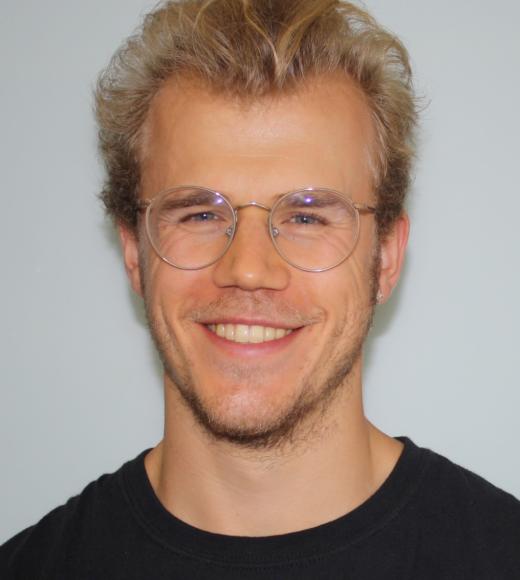
Calvin Munson
University of California, Santa Cruz
Calvin Munson is a Ph.D. student in the Raimondi-Carr Lab at UC Santa Cruz whose research focuses on the resilience and recovery of kelp forest ecosystems. He is particularly interested in using field experiments to understand under what conditions sea urchin grazing shifts the ecosystem state from kelp forests to urchin barrens and back again.
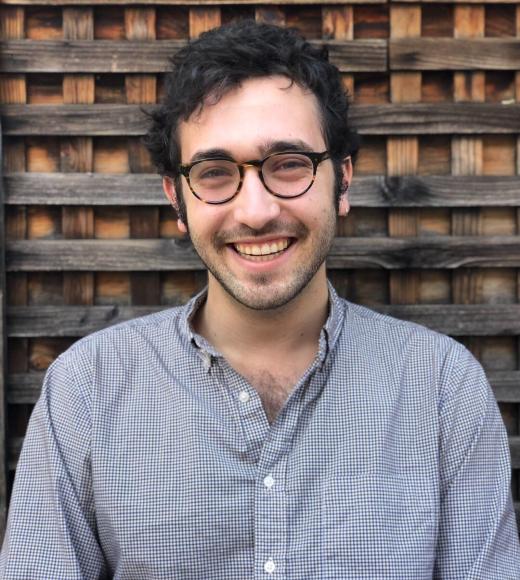
Will Speiser
Hydrologic Sciences Graduate Group, University of California, Davis - Graduated 2024
Will Speiser is a Ph.D. Student in the Coastal Oceanography Group at UC Davis. His research focuses on coastal water quality and geomorphology. He is particularly interested in integrating environmental monitoring and field data with remote sensing and machine learning methodologies.
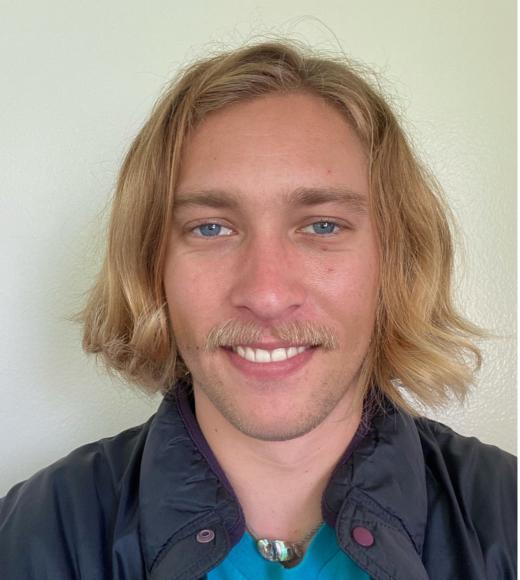
Duncan Jackson
California State Polytechnic University, Humboldt
Duncan Jackson is a Masters Student in Biology with a focus on kelp forest conservation and restoration. His research includes monitoring bull kelp forests on the Northern California coast using scuba apparatus. He is interested in the prospect of outplanting young kelp as a method for restoring the north coast’s historic kelp forests.
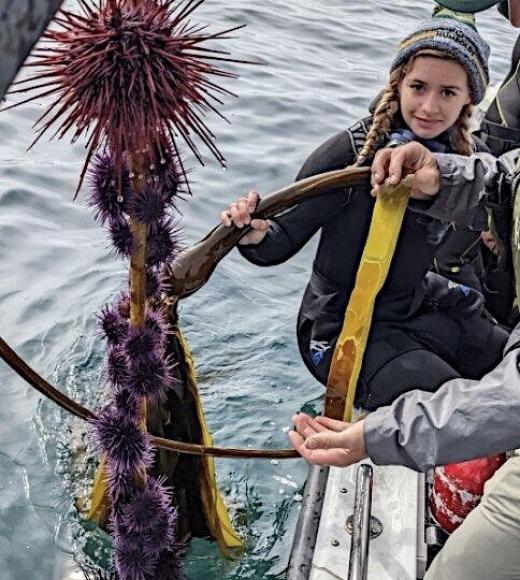
Marina Storey
Department of Biological Sciences, California State Polytechnic University, Humboldt
Marina is a Master’s Student in the Craig lab at Cal Poly Humboldt whose main focus is marine ecosystem restoration. She is currently interested in examining how differences in salinity affect purple urchin grazing on bull kelp along the Mendocino coastline.

Gabby Yang
Graduate Group in Ecology, University of California, Davis
Gabby is a Ph.D student in the Center for Environmental Policy and Behavior (CEPB) at UC Davis. She is interested is using her background in marine ecology to better understand environmental governance and decision-making to improve the management of our oceans and their ecosystem services. Additionally, she is passionate about providing accessible science through outreach and science communication.
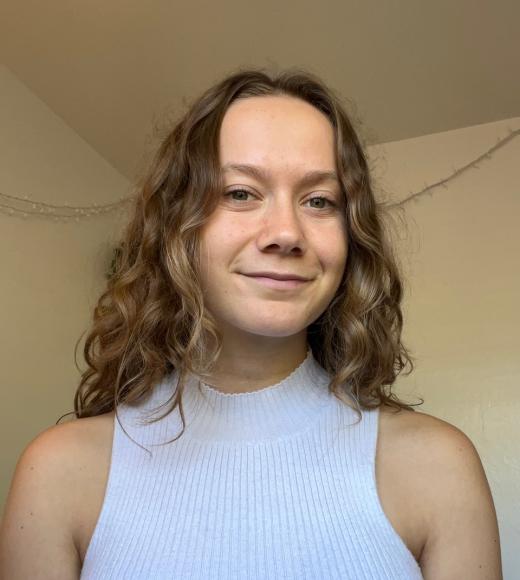
Carly Mccaw
University of California, Santa Cruz
Carly is a third year Psychology major and Sustainability Studies minor. She is particularly interested in examining topics of environmental conservation and stewardship through a social science lens.
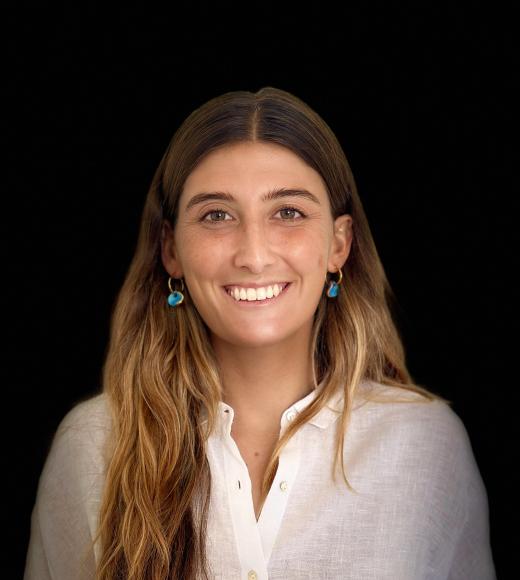
Ali Butros
Coastal Science and Policy Program, University of California, Santa Cruz
Ali Boutros is a second year Masters Student in the Coastal Science & Policy Program at UC Santa Cruz. Ali is particularly interested in kelp forest socio-ecological systems. Specifically, Ali is researching best practices for leveraging community involvement and leadership at two community-led kelp restoration efforts in California.

